- 1 - What Happens During a Heart Attack
- 2 - Recognizing the Warning Signs
- 3 - How to Respond in an Emergency
- 4 - Real-Life Stories and Lessons Learned
- 5 - Long-Term Care After a Heart Attack
- 6 - Strategies to Prevent Heart Attacks
1. What Happens During a Heart Attack
A heart attack occurs when blood flow to part of the heart muscle is blocked, usually by a blood clot or buildup of plaque in the arteries. Without oxygen-rich blood, the affected heart tissue begins to die. The damage can range from mild to life-threatening depending on the size of the blockage and how quickly medical help is received.

The Science Behind It
Most heart attacks are caused by coronary artery disease, where cholesterol deposits form plaques that narrow the arteries. When one of these plaques ruptures, it can trigger a blood clot that cuts off circulation. This sudden interruption is what sparks a heart attack.
Atlanta Heart Specialists
atlanta heart specialists
4375 Johns Creek Pkwy #350, Suwanee, GA 30024, USA

2. Recognizing the Warning Signs
Early recognition of a heart attack can save lives. While chest pain is the most common symptom, many people—especially women—may experience other subtle signs.
Classic Symptoms
Pressure or tightness in the chest, pain radiating to the left arm or jaw, shortness of breath, and sudden dizziness are strong indicators of a heart attack. These symptoms often come on suddenly and may worsen with physical activity.
Less Obvious Symptoms
In some cases, individuals experience indigestion-like discomfort, nausea, or fatigue instead of chest pain. These atypical symptoms can lead people to dismiss their condition as minor, delaying critical medical intervention.
3. How to Respond in an Emergency
Knowing how to act during a heart attack is just as important as prevention. Immediate action can dramatically improve survival rates.
Calling for Help
The very first step is to dial emergency services immediately. Time is muscle—the longer blood flow is blocked, the more damage occurs to the heart muscle. Never attempt to drive yourself to the hospital if you suspect a heart attack.
First Aid Measures
If aspirin is available, chewing one regular-strength aspirin (unless allergic) can help slow clotting. Staying calm, resting, and waiting for emergency personnel are essential. In severe cases where the person collapses and becomes unresponsive, performing CPR can keep oxygen moving until professional help arrives.
4. Real-Life Stories and Lessons Learned
Consider the story of John, a 52-year-old office manager. He felt what he thought was “heartburn” after lunch, but the discomfort worsened and spread to his arm. Luckily, his coworker insisted on calling 911. Doctors confirmed it was a heart attack, and because John received treatment within the golden hour, his recovery was much smoother.
The Importance of Awareness
On the other hand, some people ignore symptoms until it’s too late. Public awareness campaigns emphasize the importance of not waiting “just to see if it gets better.” Recognizing the difference between mild indigestion and a potential heart attack could mean the difference between life and death.
5. Long-Term Care After a Heart Attack
Recovering from a heart attack doesn’t stop once you leave the hospital. Patients often require cardiac rehabilitation, a program of monitored exercise, diet guidance, and stress management. Long-term medication, such as statins, beta-blockers, or blood thinners, may also be prescribed to lower the risk of recurrence.
Emotional Recovery
The psychological impact of a heart attack is often underestimated. Anxiety and depression are common afterward, making emotional support and counseling as important as physical therapy.
6. Strategies to Prevent Heart Attacks
Prevention remains the best defense. Lifestyle changes such as a balanced diet, regular exercise, quitting smoking, and managing stress all lower the risk of heart disease. Regular check-ups and monitoring cholesterol and blood pressure are also key to staying ahead of cardiovascular risks.
Personalized Prevention
For people with a family history of heart disease, prevention may require more aggressive measures. Consulting with professionals through trusted platforms like HeartCare Hub provides tools and tailored advice for individuals aiming to protect their long-term heart health.

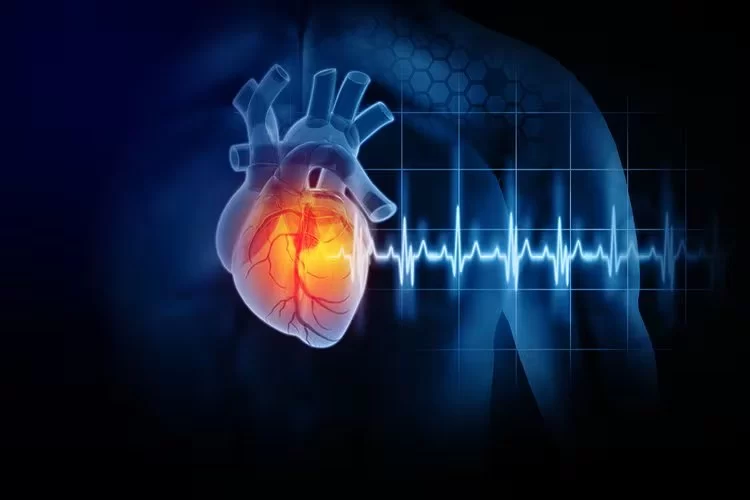
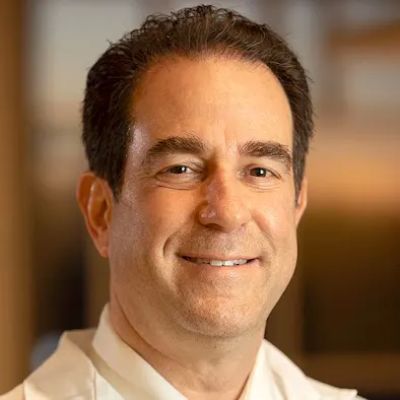

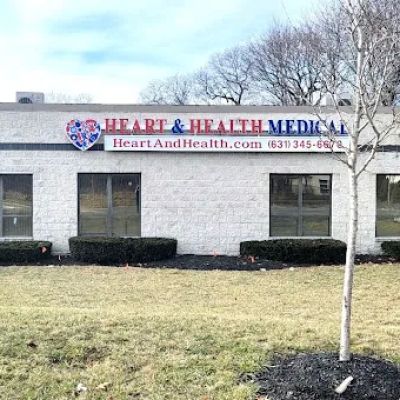
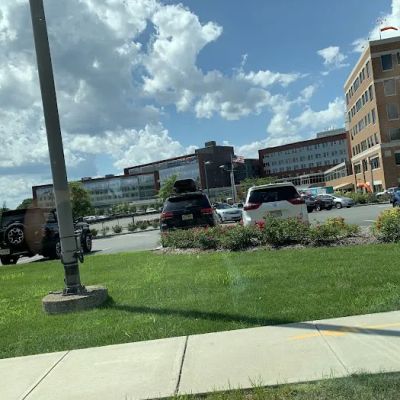
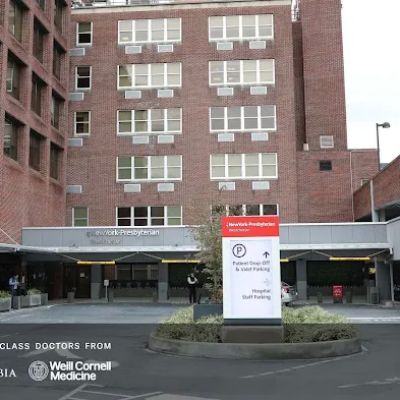




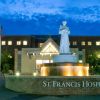

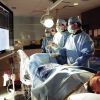








Deborah Heart and Lung Center
deborah heart and lung center
200 Trenton Rd, Browns Mills, NJ 08015, USA